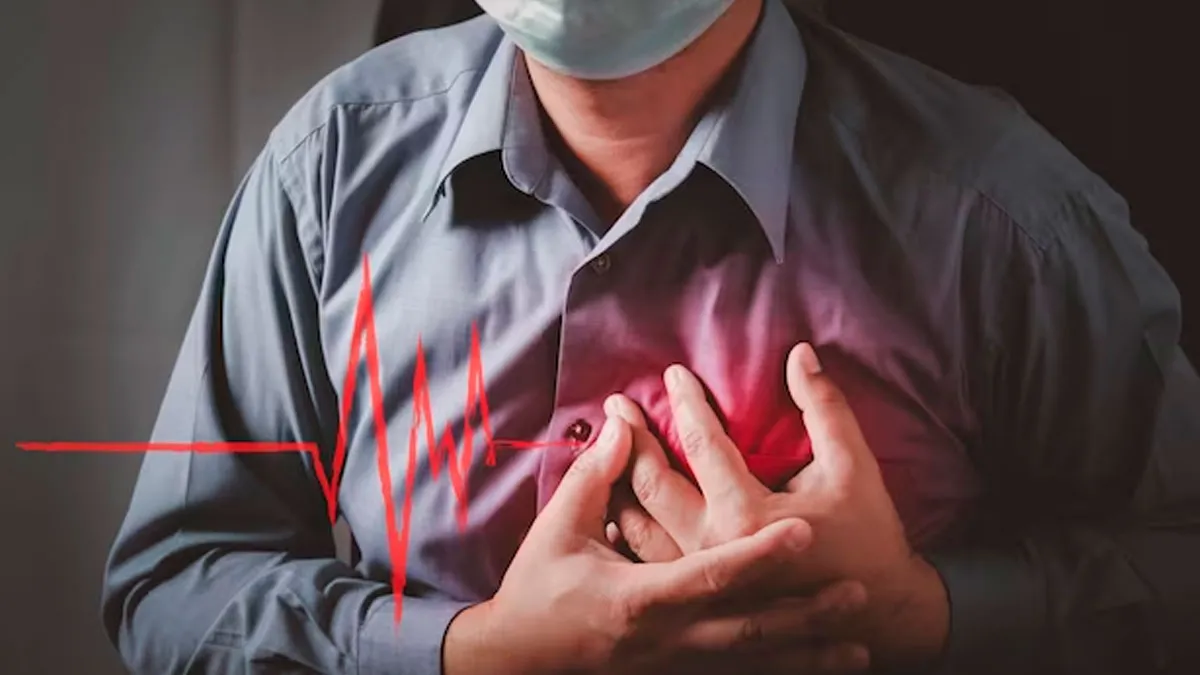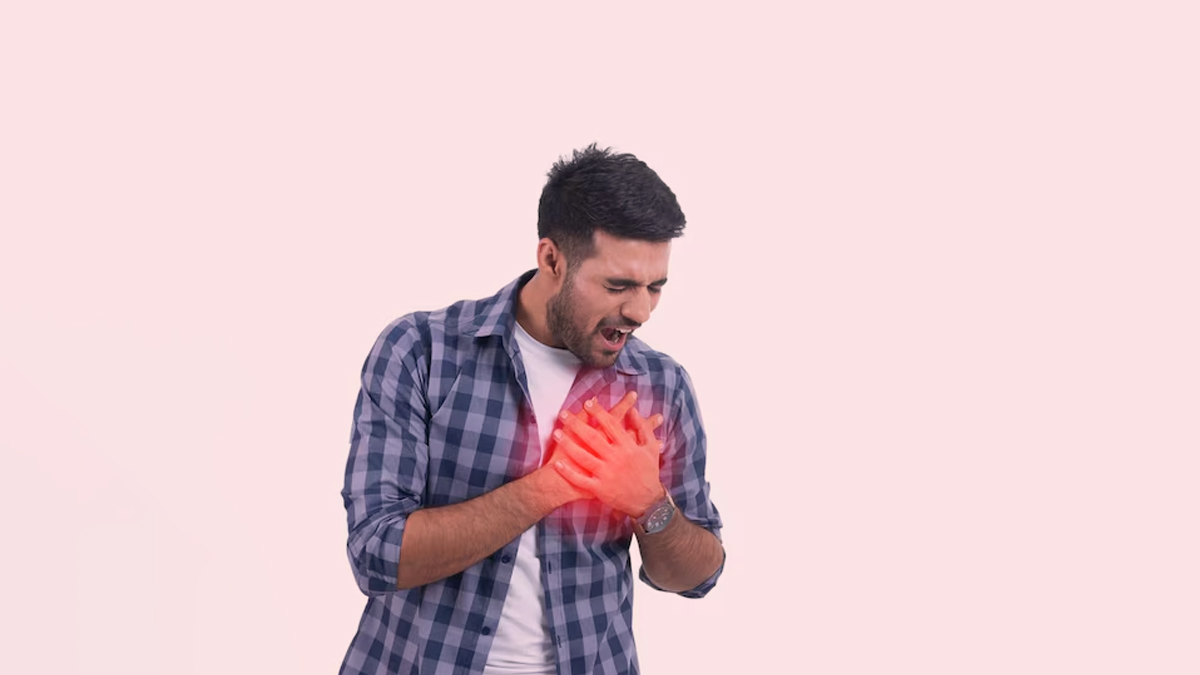
Chest pain can be dreadful, challenging and often linked with cardiac arrest or even a heart attack. Many patients begin to worry about heart problems or a possible heart attack. In most cases, cardiac-related chest pains are indeed serious, but there are other causes of chest discomfort resulting from different sources. Therefore, awareness of these causes will help in managing the symptoms and determining when to obtain medical attention.
Table of Content:-
In an exclusive interaction with the editorial team of Onlymyhealth, Dr Shubendu Mohanty, Sr Consultant Cardiology, Shardacare, Health City - Greater Noida, unravels that there could be a range of causes of chest pain. These may include:
1. Gastroesophageal Reflux Disease (GERD)
As its name suggests, GERD is very often mistaken for heart-related pain. It is a flow of stomach acid into the oesophagus, which leads to a burning feeling in the chest; it's more commonly known as heartburn. The pain can evolve when eating, lying down, or bending over. GERD usually is treated with lifestyle changes, dietary interventions, and sometimes medication.

Also Read: Regular Flossing Linked To Better Heart Health, Reduced Stroke, AFib Risk: Research
2. Musculoskeletal Strain
Chest pain can be due to muscle strain, inflammation, and injury to the chest wall, ribs, or intercostal muscles. Poor posture, heavy lifting, or even severe bouts of coughing can lead to straining of the chest muscles, causing discomfort. Rest and gentle stretching, coupled with anti-inflammatory drugs, often alleviate symptoms.
3. Panic Attacks and Anxiety
Stress, anxiety, and panic attacks can be expressed physically, which can cause sharp chest pain, palpitations, shortness of breath, and dizziness. Dr Mohanty explained that in some cases, it can be hard to distinguish between a panic attack and a cardiac event, so getting medical advice is essential if the symptoms are severe or persistent.

4. Pulmonary Conditions
Lung-related issues, such as pneumonia, pleurisy, or pulmonary embolism, can cause chest pain. Pleurisy, for example, results from inflammation of the lung lining, leading to sharp pain that worsens with deep breaths or coughing. Pulmonary embolism, a potentially life-threatening condition, occurs when a blood clot blocks blood flow in the lungs, often accompanied by sudden chest pain and difficulty breathing.
Also Read: Regular Flossing Linked To Better Heart Health, Reduced Stroke, AFib Risk: Research
5. Esophageal Spasms
Esophageal spasms may simulate chest pain caused by heart diseases. It involves sudden, severe contraction of the oesophagus and may result in difficulty in swallowing, the feeling of constriction, and even referred back or arm pain. Dietary change, stress management, and sometimes antispasmodics help treat this disorder.
6. Shingles (Herpes Zoster)
Viral infection reactivation by the varicella-zoster virus produces a condition known as shingles, characterised by pain before the onset of rash, more often localized and of burning/tingling type on one side of the chest. Antiviral drugs as well as pain relievers are administered for symptom management.
When to Seek Medical Attention for Chest Pain
While appropriate treatment may manage non-cardiac chest pain, it's important to identify symptoms that require urgent medical attention. Emergency care is necessary if you have any of the following, as per experts:
- Sudden, severe, crushing or pressure-like chest pain
- The pain radiates to your jaw, neck, back, or arms
- You feel short of breath, dizzy, or faint
- Sudden nausea
- Cold sweat
- Worsening pain with exertion
Bottomline
Understanding the causes of chest pain can help alleviate unnecessary anxiety and promote informed decision-making about when to seek medical evaluation. If in doubt, always consult a healthcare provider to rule out serious conditions and receive the appropriate care.
Also watch this video
How we keep this article up to date:
We work with experts and keep a close eye on the latest in health and wellness. Whenever there is a new research or helpful information, we update our articles with accurate and useful advice.
Current Version